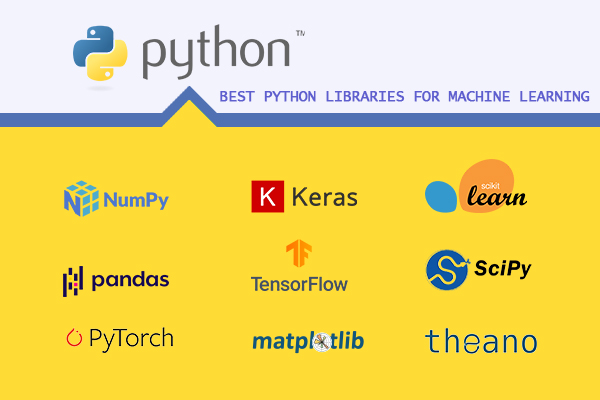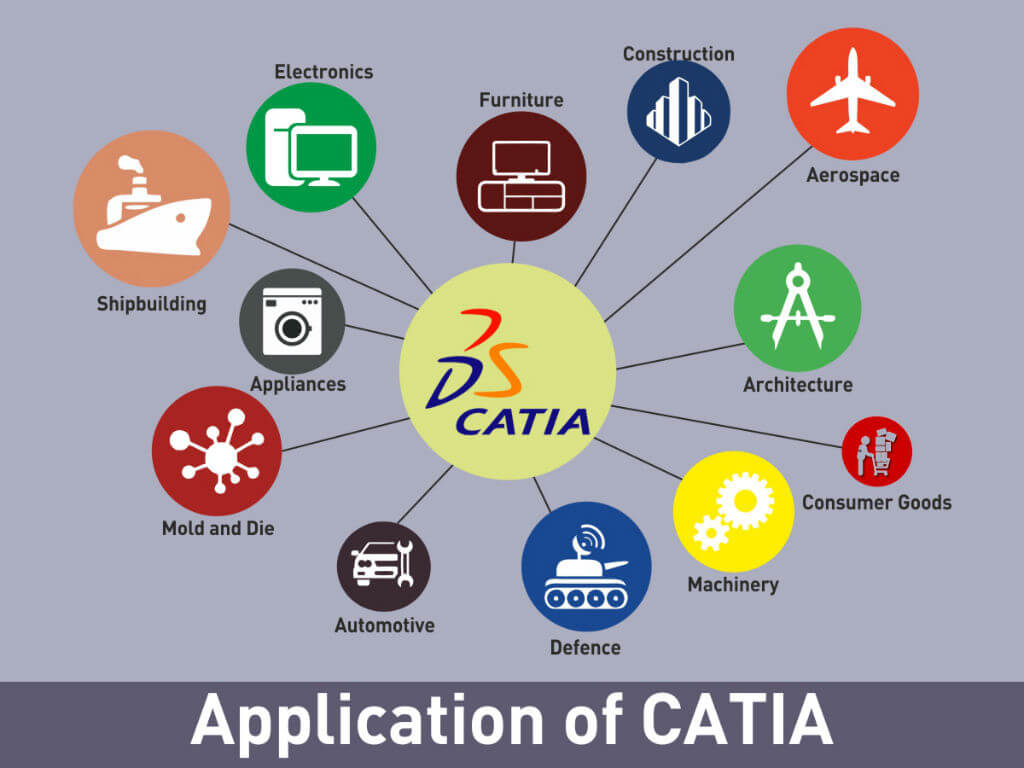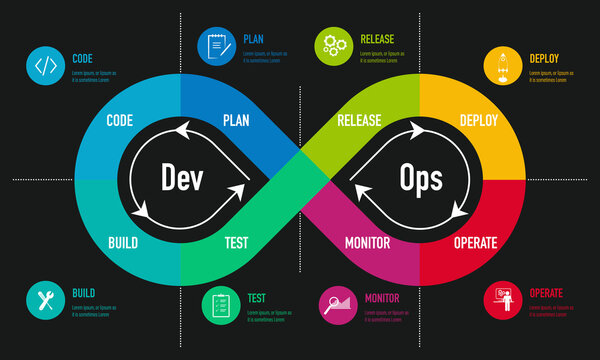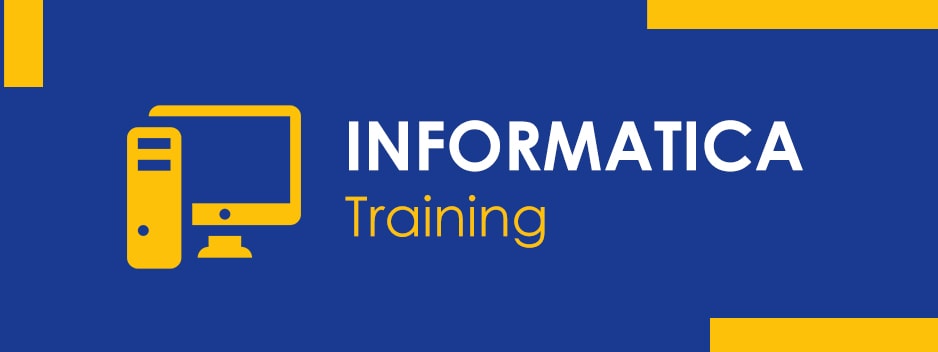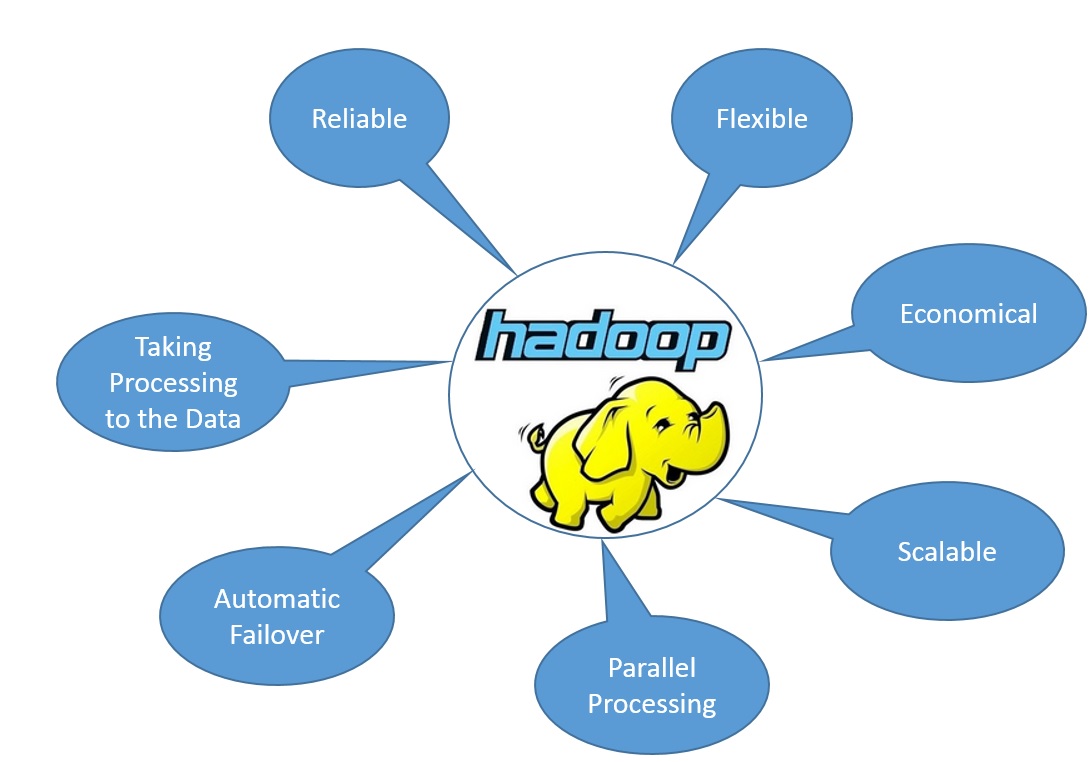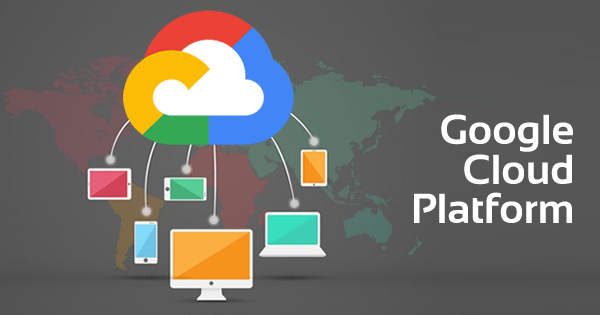Welcome to the future, where concepts like artificial intelligence and machine learning have left the realm of science fiction books and movies and entered our reality! But there’s no need to joyously welcome our robot overlords just yet. It turns out they still need us to handle the programming.
Table of Contents
- What Is Machine Learning?
- What Exactly Is a Machine Learning Library?
- Why Learn About Python Machine Learning Libraries?
- A Look at 2021’s Top Twelve Python Machine Learning Libraries
- Would You Like a Career in Artificial Intelligence or Machine Learning?
For now, anyway!
Artificial Intelligence (AI) and machine learning (ML) are gaining increasing traction in today’s digital world. This popularity is why IT professionals should master concepts such as machine learning tools and machine learning algorithms.
Today, we are exploring machine learning libraries, specifically Python machine learning libraries. We offer a preview of the top libraries ML professionals will be using in 2021 so that people can get a jump on the new year.
We begin with a few definitions to make sure everyone’s up to speed.
What Is Machine Learning?
Although it’s tempting to conflate AI and ML, they are two distinct concepts.
- What is Artificial Intelligence? Artificial Intelligence (AI) is the process of programming machines to simulate human intelligence by thinking like humans, imitating their actions, and making decisions.
- What is Machine Learning? Machine learning (ML) is a subset of AI involving the study of computer algorithms that allows computers to learn and grow from experience, apart from human intervention.
In summary, AI is a catch-all term for teaching machines how to think and accomplish tasks like humans, and ML is a type of AI where computers receive data and learn on their own.
What Exactly Is a Machine Learning Library?
In the deep, dark, ancient days of early machine learning, programmers conducted ML tasks by coding the statistical and mathematical formulae and every algorithm by hand. This approach was time-consuming, inefficient, and tedious.
Today, libraries, modules, and frameworks handle those monotonous tasks. Libraries contain modules and codes that provide system functionality and standardized solutions for most everyday programming problems and issues.
Libraries make it easy for organizations to benefit from the countless machine learning applications without wasting time and resources.
Why Learn About Python Machine Learning Libraries?
Python is considered one of the fastest-growing programming languages, outdistancing others such as Java, JavaScript, C#, and PHP. Programmers love Python due to its simplicity and readability. Consequently, a machine learning engineer who wants to create smart algorithms for machines turns to tools that make it easy for the device to understand. That’s where Python comes in.
This simplicity makes sense when you consider the best way to teach a person a new language or subject is by using basic, easy to understand words and phrases. Clearly, machines are no different.
Here’s a summary of why you might want to learn about Python machine learning libraries.
- It’s free and open-source, making it community-friendly, which in turn guarantees a constant flow of improvements in the long run
- It has exhaustive libraries that ensure you can find a solution for every existing problem
- Its smooth implementation and integration make it accessible for people of any skill level to adapt to it
- It increases productivity by reducing coding and debugging times
- It’s useful for soft computing and natural language processing
- It works seamlessly with C and C++ code modules
A Look at 2021’s Top Twelve Python Machine Learning Libraries
If you’re currently in a machine learning-related career or anticipate starting one soon, here are the twelve most common machine learning libraries you will most likely work with.
Machine Learning FREE Course
Take the 1st Step to Machine Learning Success ENROLL NOW
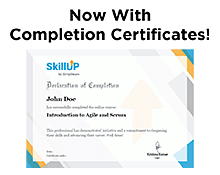
- Apache MXNet is a deep-learning framework that emphasizes flexibility and efficiency. It features a dynamic dependency scheduler at its core that lets you combine imperative and symbolic programming.
- Caffe specializes in modularity, speed, and expression. It was created by The Berkeley Vision and Learning Center (BVLC)/Berkeley AI Research (BAIR) and various community contributors.
- CNTK. According to its producers, the Microsoft Cognitive Toolkit “is an open-source toolkit for commercial-grade distributed deep learning. It describes neural networks as a series of computational steps via a directed graph.†Users can effortlessly realize and combine popular model types like convolutional nets (CNNs), feed-forward DNNs, and recurrent networks (RNNs/LSTMs).
- Elephas is an extension of Keras (see below) that lets you run distributed deep learning models scaled with Spark. This library supports applications like deep learning model data-parallel training, distributed hyper-parameter optimization, and ensemble model distribution training.
- Fast.ai. Use this library if you want to train neural nets to be fast and accurate, using modern best practices. This library was designed using research in deep learning best practices from fast.ai. It includes out of box support for models like collab, tabular, text, and vision.
- Keras is a machine learning library with a big following. It’s a high-level neural networks application programming interface (API) that can run on top of TensorFlow, CNTK, or Theano. Keras can run seamlessly on either CPU or GPU. Keras is the perfect tool for beginners to build and design neural networks. Keras also allows easy and fast prototyping.
- NLTK stands for Natural Learning Tool Kit and emphasizes natural language processing. It is considered one of the most widespread human language data libraries to work with. NLTK provides engineers with simple interfaces and a vast selection of lexical resources like FrameNet, WordNet, and Word2Vec. NLTK also brings other advantages to the table, such as:
- Handwriting and voice recognition
- Document keyword search
- Text classification and tokenization
- Word lemmatization and stemming
- Nolearn features a collection of abstractions and wrappers around existing neural network libraries, such as Lasagne (a lightweight library dedicated to building and training neural networks), plus several Machine Learning utility modules. All of Nolearn’s code is designed to be compatible with Scikit-learn, which is covered below.
- PyTorch is a popular open-source Python machine learning library based on Torch and developed by Facebook. Torch is an open-source machine learning library implemented in C with a Lua wrapper. In fact, you can use your favorite Python packages (e.g., Cython, NumPy, SciPy) to extend PyTorch.
PyTorch has two predominant, high-level features:
- Tensor computation coupled with strong GPU acceleration
- Deep neural networks constructed on a tape-based autograd system
PyTorch has a vast selection of tools and libraries that support computer vision, natural language processing (NLP), and a host of other Machine Learning programs. Pytorch allows developers to conduct computations on Tensors with GPU acceleration and aids in creating computational graphs. Considered one of the best deep learning and machine learning frameworks, it faces stiff competition from TensorFlow.
- Sci-Kit Learn is a flexible, easy to use machine library that focuses on data modeling. It boasts easy integration with different machine learning libraries like Pandas and NumPy. Scikit-learn is also ideal for data analysis and data mining, making it the perfect tool for Machine Learning beginners.
Scikit-learn supports algorithms like:
- Classification
- Clustering
- Dimensionality reduction
- Model selection
- Preprocessing
- Regression
- Tensorflow is an open-source library created by Google and considered one of the best Python machine learning libraries available today, making model building easy for newbies and experts alike.
Tensorflow defines and runs computations involving tensors, hence the clever name. It trains and runs deep neural networks, which in turn develop many AI applications. TensorFlow is often used in the deep learning research and application fields.
by Admin

